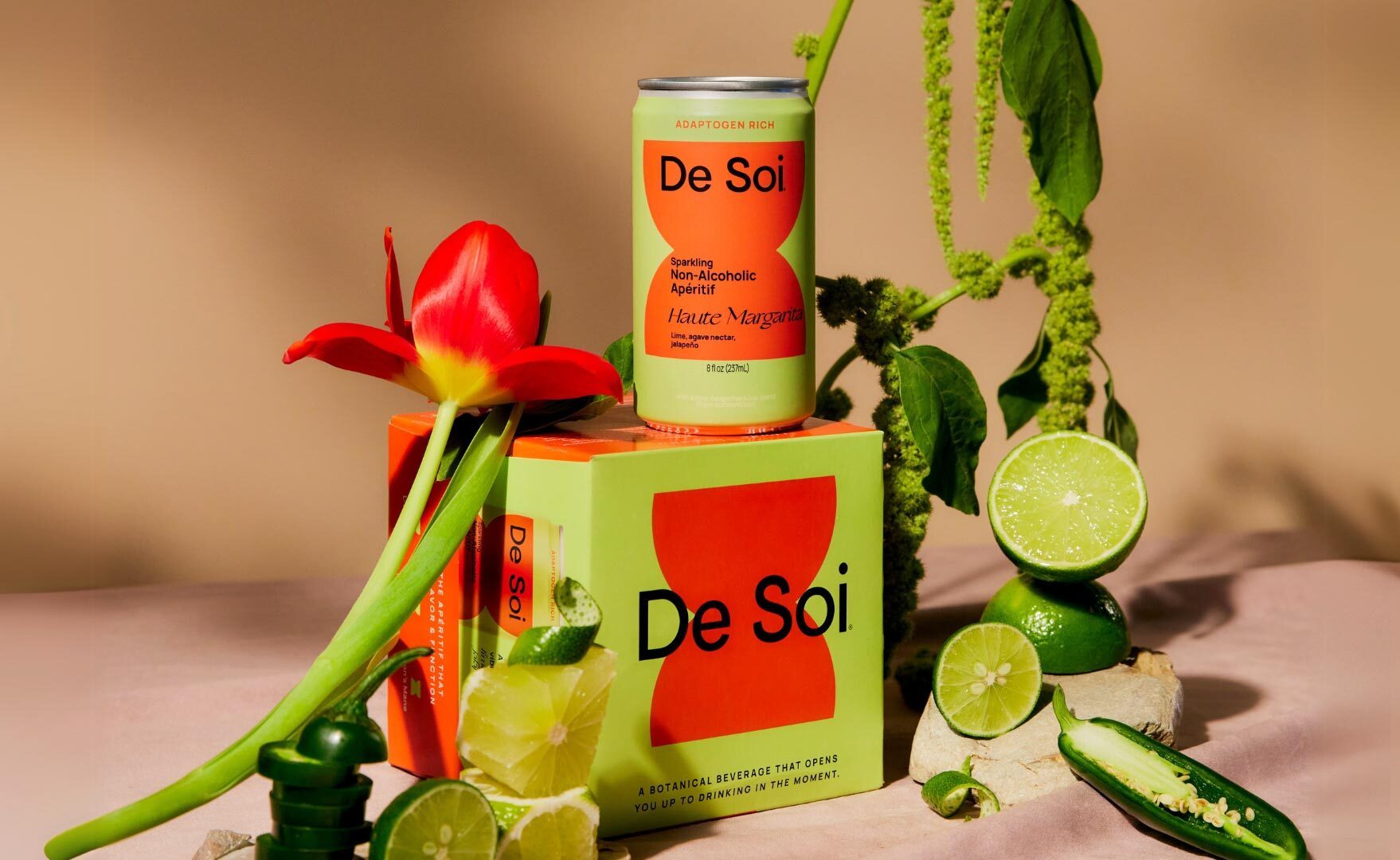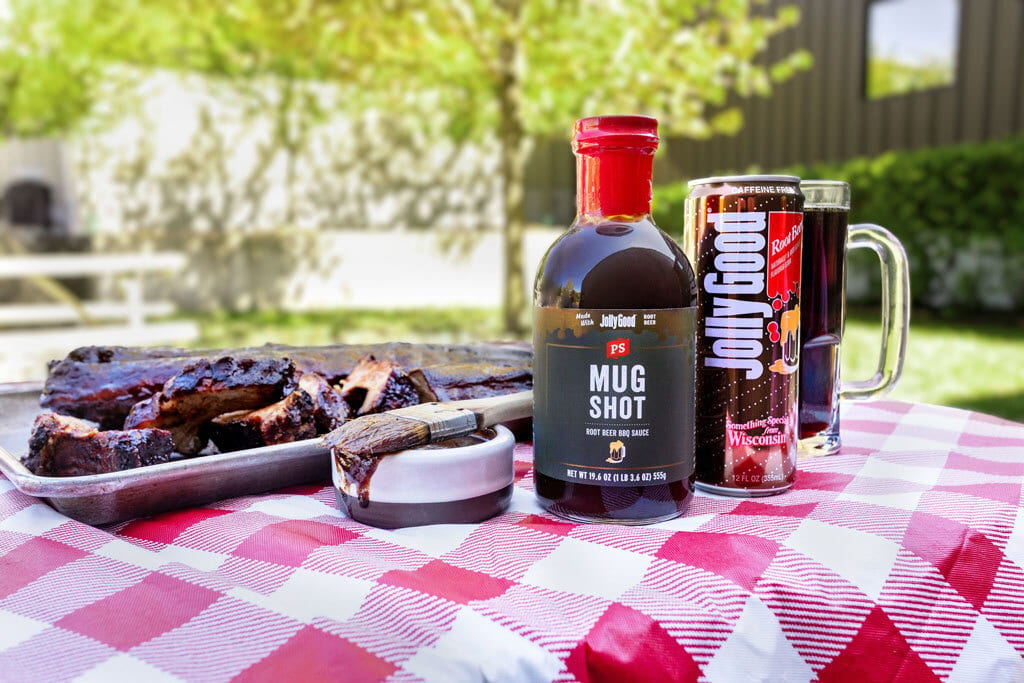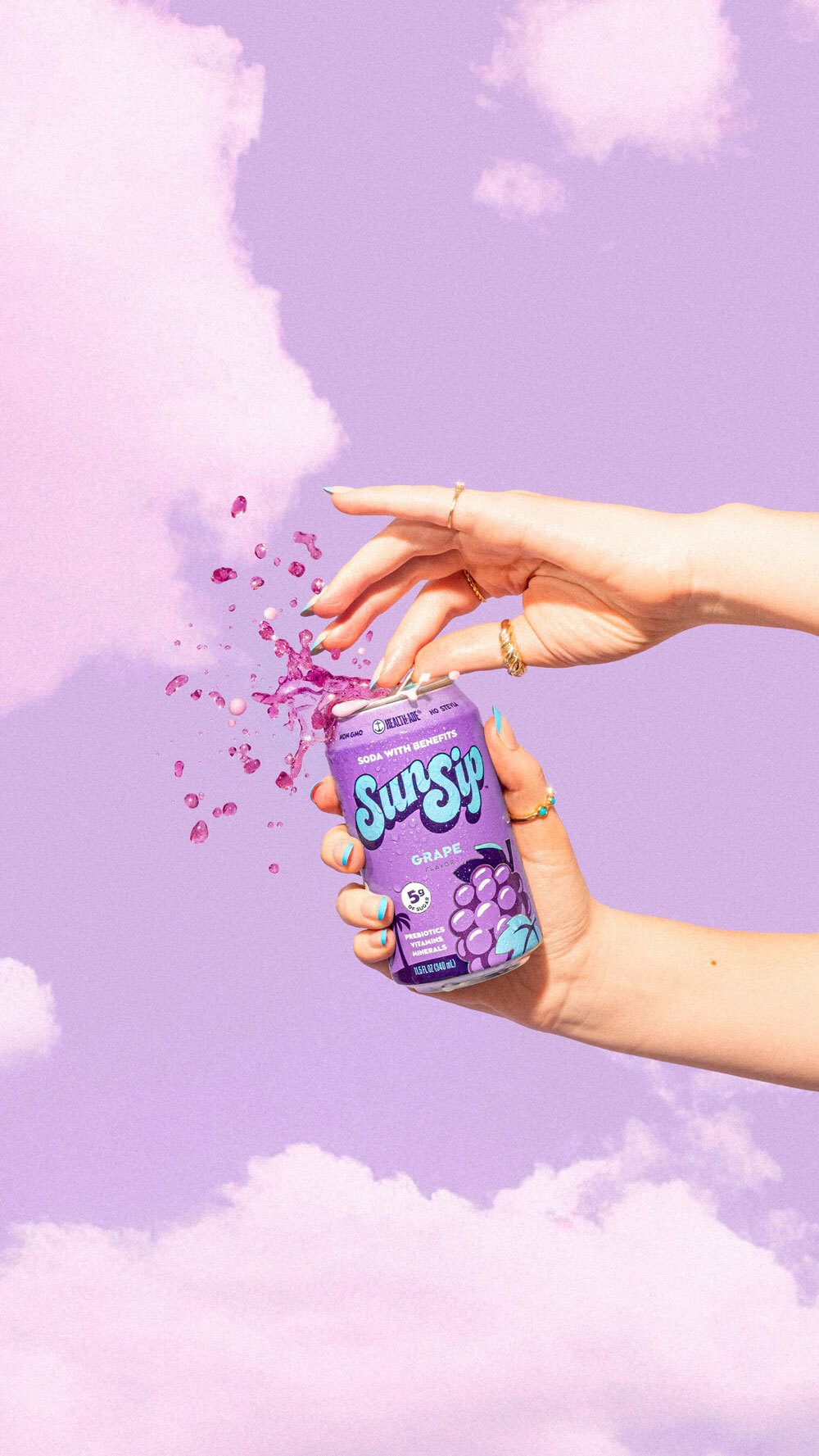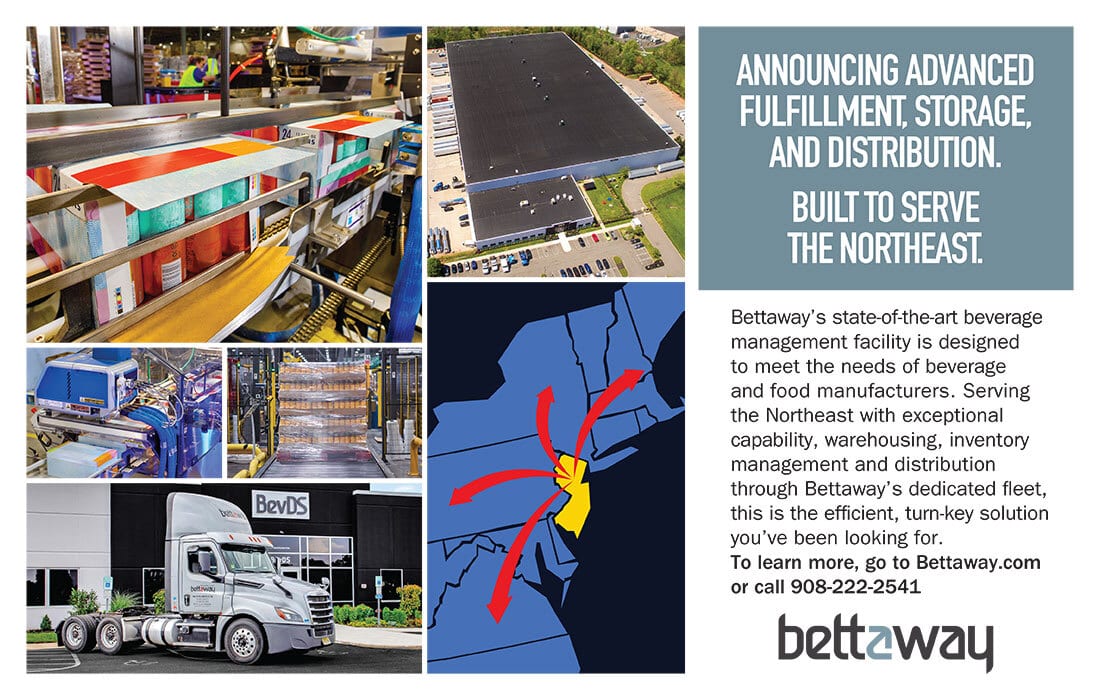Between Drinks
Low, no-alcohol trends continue to grow
Hosted by Fred Willard and Melanie Chartoff, the 1985-86 TV series “What's Hot, What's Not,” visits 24 U.S. cities looking at fashion, foods, activities, new products, inventions and fads, seeking insights on the way dress, talk and having fun will influence tomorrow.
In the beverage space, with current trends impacting the beverage alcohol market,moderate consumption and low- and no-alcohol seem to be key influences on what to anticipate in the future.
For instance, in a recent Insight titled “Five Key Trends Shifting the Beverage Alcohol Market in 2025,”IWSR, London, identified five key trends shaping the opportunities for beverage alcohol that includes new moderation strategies.
Across the 10 key markets covered by IWSR’s No/Low-Alcohol Strategic Study, no/low volumes are forecasted to expand at a compound annual growth rate (CAGR) of 4% between 2024 and 2028, with no-alcohol spearheading this with an increase of 7% volume CAGR. The no-alcohol category alone is expected to deliver incremental growth of more than $4 billion by 2028.

(Image courtesy of De Soi)
Further, moderation strategies implemented by consumers include lighter consumption and temporary abstinence, according to the Insight.
For lighter consumption, IWSR notes that there has been a significant increase in the proportion of “light” drinkers — those with low consumption frequency and/or intensity. “This group is now the largest segment across the 15 key markets covered by IWSR’s Bevtrac consumer research, surpassing ‘medium’ and ‘heavy’ drinkers,” according to the Insight.
Additionally, consumers increasingly are opting to limit themselves to a single type of beverage on any given occasion, often reducing the amount they drink. Across the 15 Bevtrac markets, the average number of beverage categories consumed in each occasion was 1.8 in 2024 — compared with 2.4 in 2023, IWSR states.
“Drinkers are now more habitual in their control of alcohol intake,” said Susie Goldspink, senior insights manager for RTDs and no/low alcohol, in the Insight. “This trend spans all age groups, regions and demographics, highlighting moderation as a mainstream cultural phenomenon, rather than a trend limited to younger LDA+ consumers. As the moderation trend goes mainstream, no- and low-alcohol categories are expanding rapidly, reshaping beverage alcohol consumption patterns.”
Similarly, in Chicago-based Mintel’s “The Future of Alcohol: Strategies to Help Brands Diversify to Shifts in Consumption,” Richard Cope, senior trends consultant, highlights how beverage alcohol isgoing out of fashion with young consumers, noting that Gen Zers are recognizing how they compromise sleep, cause mortality, and overburden health services.
“These alcohol moderation trends are reshaping the way we view drinking, as the rise of low/no alcohol gains momentum,” Cope states.
Still, alcohol has a long social and cultural history in delivering indulgence, de-stressing and enhancing conviviality — needs that are not going to disappear, he notes.
To stay relevant, Cope stresses that brands must adapt to these shifting alcohol industry trends.
“This means brands will need to reformulate their products to match the ongoing repositioning and the broader perspective of what the future of alcohol looks like,” he states. “Alcoholic drinks brands may need to become broader drinks brands instead.”
Mintel’s insight also highlights how a shift in consumption trends is becoming difficult to ignore, noting that in the United States in the two decades to 2023, the number of consumers older than 55 who used alcohol grew an impressive 10 points to 59%, yet overall consumption fell by 10 points, signaling a growing consumer trend in alcohol moderation.
Further, the insight notes how celebrity-backed, non-alcohol brands are striving to repeat and replicate alcohol’s traditional aspirational imagery and positioning. And, in the United States, 46% of consumers purchase tea as a substitute for alcohol, compared with 14% for non-alcohol beer.
Meanwhile, U.S. brands are embracing adaptogens and nootropics to promise qualities such as relaxation, sociability and buzz, the Mintel insight states.
Recently De Soi, a line of premium non-alcohol apéritifs co-founded by Katy Perry and award-winning Master-Distiller Morgan McLachlan, unveiled its newest launch: Haute Margarita. A tart citrus lime jubilee, kissed with floral agave, and a jalapeño finish, Haute Margarita reimagines the classic spicy Marg, no tequila required, the company says.
“This Marg has all the kick, and none of the crash,” Perry said in a statement. “It’s spicy, sparkly, and totally satisfying. I honestly can’t believe there’s no tequila in it, it tastes like there is. Haute Margarita is my go-to (especially on tour) when I want to feel festive without feeling fuzzy the next day.”
De Soi Co-Founder and Master Distiller McLachlan added: “We wanted to capture the boldness and brightness of a spicy Marg, but elevate it with a sparkling finish and the functional benefits of adaptogens. It’s crisp, refreshing, and brings just enough heat to make things interesting, without the alcohol.”
Going forward, Mintel’s insight acknowledges that beverage alcohol is unlikely to disappear entirely, either as a vice or a responsibly consumed indulgence. Still, it notes that there are plenty of examples where established brands that have successfully adapted in industries that have been fundamentally reshaped by changing consumer consumption trends and behaviors.
In the final analysis, Mintel suggests that beverage alcohol brands can adopt a similarly forward-thinking approach to navigate and thrive in this evolving landscape.
Jolly Good Soda, PS Seasoning bring sizzle with Root Beer BBQ Sauce
Jolly Good Soda and PS Seasoning teamed up to launch Mug Shot Root Beer BBQ Sauce, a bold, nostalgic take on backyard barbecue. This one-of-a-kind sauce blends the smooth sweetness of Jolly Good Root Beer with PS Seasoning’s expertise in crafting flavor, resulting in a bottle that’s equal parts tradition, innovation and irresistible taste, the companies say. “Mug Shot is a celebration of what happens when two flavor powerhouses join forces — it’s bold, it’s fun, and it’s built for BBQ lovers everywhere,” said Zach Malin, senior vice president of Krier Beverage, makers of Jolly Good Soda, in a statement. “Root beer and barbecue are two iconic American flavors — together, they spark something truly unique. Joe Hanni, CEO of PS Seasoning, added: “This isn’t just another BBQ sauce — it’s a pour of American flavor history. We partnered with Jolly Good to create something that evokes the memories of soda shops and summer cookouts. Mug Shot is the perfect blend of sweet nostalgia and smoky heat, just in time for the height of grilling season.” Crafted by PS Seasoning’s team of food scientists and culinary experts, Mug Shot Root Beer BBQ Sauce gives pitmasters, home cooks and flavor enthusiasts a bold new way to fire up the grill or smoker this summer, it says. It is available at psseasoning.com and select grocery and specialty stores.

Black Girl Magic Moscato Frizzante celebrates flavor, culture and connection
The McBride Sisters Wine Co. unveiled Black Girl Magic Moscato Frizzante, a vibrant, lightly sparkling wine crafted to celebrate joy, bold flavor and the richness of individuality, the company says. This new release expands the award-winning Black Girl Magic collection with a refreshing twist, just in time for summer sipping. “This launch is about more than a new wine — it’s giving our wine lovers exactly what they’ve been asking for. Since we launched Black Girl Magic Wines in 2018, the No. 1 request has been to create a Moscato. And now, the wait is over and we're proud to bring it to life — it’s sweet, bubbly magic that just hits different,” said Robin McBride, co-founder of McBride Sisters Wine Co., in a statement. “We’re always looking to deepen our commitment to our customers who love our wines. It’s about expanding representation, elevating shared experiences, and showcasing excellence within Black Culture.” Black Girl Magic Moscato Frizzante is rolling out now to select retailers nationwide and online at the company’s website.
International Delight launches campaign proclaiming, ‘We Hate Plain Coffee, Too’
Equipped with real consumer insights from its pop-up social experiment, International Delight introduced its newest campaign: We Hate Plain Coffee, Too. “Creamer lovers believe that plain coffee sucks, and we couldn’t agree more,” said Olivia Sanchez, senior vice president of creamers for Danone North America, in a statement. “Creamer fans, or as we know them, Creamer Nation, not only reach for International Delight to add delicious flavor to their cup of coffee, but they choose International Delight because we bring joy to every cup through our flavors like French Vanilla, Caramel Macchiato, or even Hot Chocolate Marshmallow from the nostalgic holiday classic Home Alone. Without creamer, ‘coffee lovers’ don’t exist.” The new We Hate Plain Coffee, Too campaign features a suite of assets, including three hero 30-second spots, three 15-second spots, and three 6-second spots that will air across digital video, OLV, social and retail media channels. The campaign was produced in partnership with the brand’s creative agency of record, FCB Chicago.
A new survey from Danone North America found that 84% of Americans have become more interested in foods or products that support gut health in the past several years.
Yet, with Google searches for “gut health” more than doubling in the last three years, the survey found 41% of consumers remain unaware of the gut microbiome, and 50% don't realize it can impact gut health — revealing an opportunity for additional education, the company says.
The survey also shed light on several persistent myths that could make it difficult for consumers to navigate and best leverage gut health promoting products in an increasingly crowded category.
Conducted as a follow-up to a survey the company commissioned in 2021, this latest polling revealed that, although awareness around the gut microbiome has increased slightly, there remains significant work to be done on the education front.
The following are key takeaways from the survey:
- Half of Americans are unaware that the gut microbiome can impact gut health and even more do not realize that it might impact several other top health and wellness priorities for U.S. consumers, including immune health (56%, down just 1% from 2021), mental well-being (63%, down 4%), healthy aging (54%) and sleep quality (61%).
- 73% do not know the gut microbiome is established within the first few years of life.
- Additionally, most have difficulty identifying the eating habits and diets that best promote gut health, according to Danone. Only one in 10 consumers can correctly identify a Flexitarian eating pattern (which emphasizes plant-based foods while also incorporating nutrient-rich animal foods) as a diet that best promotes gut health over more restrictive diets like keto and paleo, it notes.
The survey did reveal that more consumers are becoming aware of biotics, which have been shown to support gut health and the gut microbiome. Most Americans are familiar with probiotics (88%, up 4% from 2021) and prebiotics (76%, up 11%) and 60% are familiar with postbiotics (up 11%).



